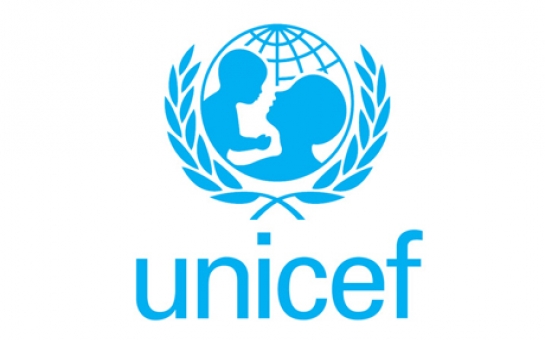Follow us !
HIV: New hope for adolescents
Society
17:01 | 29.11.2013

HIV: New hope for adolescents
As the number of people infected with HIV continues to climb in Eastern Europe, the Caucasus and Central Asia, five countries are paving the way to overcome a major hurdle: making it easier for adolescents to talk about HIV and take a test to find out their HIV status. Today host Azerbaijan with Belarus, Georgia, Moldova and Ukraine concluded a three -day conference to advocate for adolescent testing ahead of World AIDS Day next week. The conference coincided with the first ever European HIV Testing Week, which also ended this Friday.In Baku, partners and experts met to review progress, assess new evidence, strategies and innovations to raise awareness among adolescents about HIV risks and to make it easier for adolescents to seek and obtain an HIV test without running into barriers and obstacles. The meeting, stemming from an initiative supported by the European Union and UNICEF to scale up testing and counselling of adolescents and young people who are at highest risk of HIV infection, highlighted the value of involving this age group to create an adolescent-centered approach to the services that work for people of their age. The importance of maintaining the principles of confidentiality and the voluntary nature of testing and working within existing ethical and public health frameworks was highlighted. In Europe, at least one in three of the 2.3 million people living with HIV are unaware that they are HIV positive. Many of the new infections derive from people living with HIV who are not yet diagnosed and therefore unaware of the possible risk of transmission. It’s a crucial step forward for the region, which is seeing some of the steepest increases in the spread of HIV worldwide.According to UNICEF’s ‘Toward an AIDS - Free Generation Children and AIDS: Sixth Stocktaking Report, 2013’ launched today, more than 2 million adolescents between the ages of 10 and 19 years are living with HIV. The failure to support effective and acceptable HIV services for adolescents has resulted in a 50 per cent increase in reported AIDS-related deaths in this group compared with the 30 per cent decline seen in the general population from 2005 to 2012. Barriers make it difficult for people to access testing and counselling services, particularly among the most marginalized: male adolescents who have sex with men, injecting drug users, adolescents exploited for commercial sex and adolescents living and working on the streets. These barriers include the need for parental consent, unavailability of free testing and counselling, low awareness of the need for testing and low perception of the risks of infection. “We are here because young people do not have the access they need to HIV testing and counselling. So we want to find innovative ways to make it possible,” says UNICEF Representative in Azerbaijan, Mr. Mark Hereward.ANN.Az










